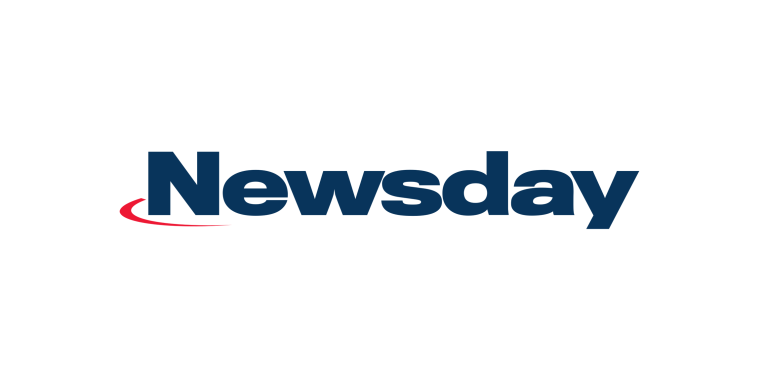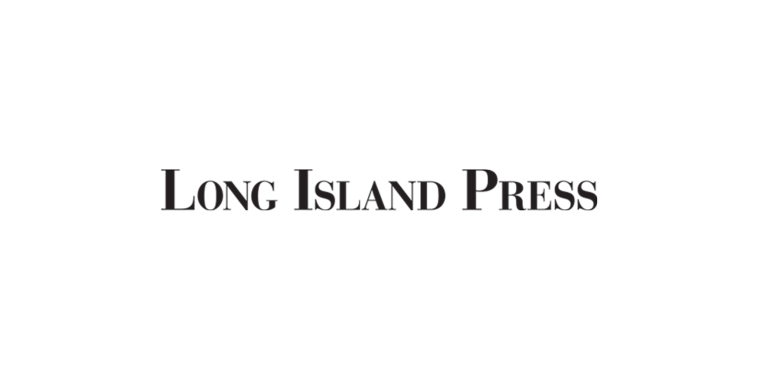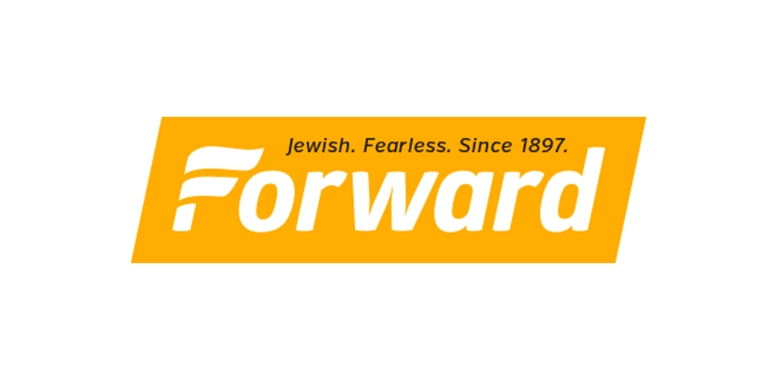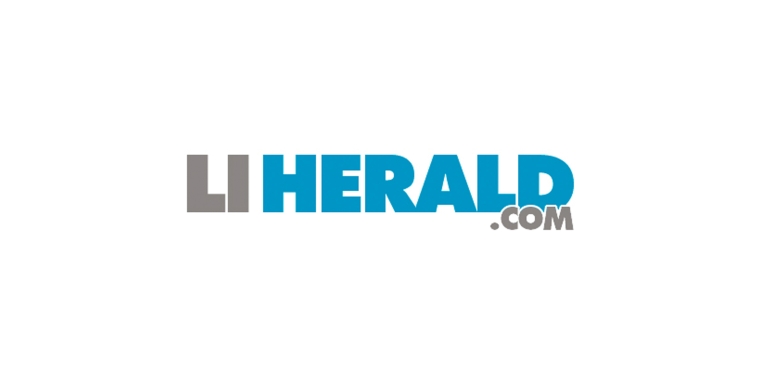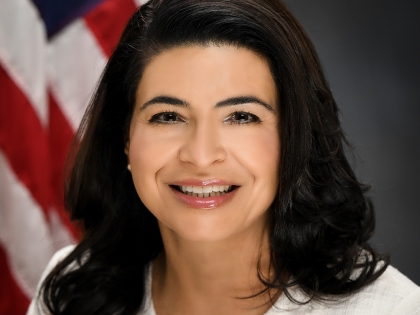
Consider the source
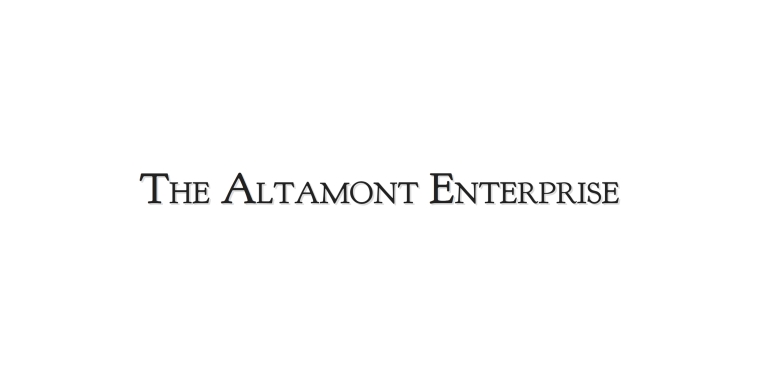
Through more than 14 months of covering Albany County’s response to the pandemic, we have frequently heard the county’s executive and health commissioner caution against using social media as a source of reliable information on anything from avoiding infection to getting vaccinated.
“Educate yourself,” County Executive Daniel McCoy frequently says, urging people to consult trusted news sources or the websites maintained by the Centers for Disease Control and Prevention, the World Health Organization, or the state’s or county’s health departments.
The uncertainty following the emergence of COVID-19 “has led to the rapid and widespread diffusion of misinformation about the virus, its origins, and effective prevention and treatment strategies,” said a February 2021 report from the Emerging Infectious Diseases Journal posted on the CDC website. “Misinformation is not a new problem, but it poses particular challenges for infectious disease management when public acceptance is required for prevention behaviors such as social distancing or wearing a mask.”
The pandemic has made clear that accurate information can be a matter of life and death.
Locally, we have seen over the years how social media can spread rumors like wildfire and, with no check for accuracy, can cause real harm.
Two years ago, in the midst of a heated school board election for Berne-Knox-Westerlo, The Enterprise posted stories on Election Day as school district residents were voting, to debunk rumors being spread on social media that bus drivers would be losing their jobs because the district was going to have a BOCES “takeover” of the transportation department.
Early in the pandemic, a study at Washington State University found that the more people rely on social media as their main news source, the more likely they are to believe misinformation about the pandemic. The researcher Yan Su said, “Fact checkers are important for social media platforms to implement. When there is no fact checker, people just choose to believe what is consistent with their pre-existing beliefs.”
He also said, “It’s also important for people to try to get out of their comfort zones and echo chambers by talking with people who have different points of view and political ideologies. When people are exposed to different ideas, they have a chance to do some self-reflection and self-correction, which is particularly beneficial for deliberation.”
On our opinion pages every week, we feature a variety of viewpoints — always checking the facts first — with the goal of getting different sides in these polarized times to understand each other.
We realize, though, that our reach, like that of other local media, is small compared to the three giants of social media — Facebook, YouTube, and Twitter.
The recent decision by Facebook’s oversight board — the so-called Supreme Court of Facebook — made clear more consistent policy and enforcement is needed. In brief, Donald Trump argued it was unfair that he was banned from posting on Facebook. The board found that, while Facebook was justified in removing Trump’s posts on Jan. 6 and extending the suspension on Jan. 7 because of the ongoing risk of violence, it was wrong to suspend his account indefinitely.
“In maintaining an unfounded narrative of electoral fraud and persistent calls to action, Mr. Trump created an environment where a serious risk of violence was possible,” the oversight board found, noting that the reach of Trump’s posts was large, with 35 million followers on Facebook and 24 million on Instagram.
However, the board also found, “In applying a vague, standardless penalty and then referring this case to the Board to resolve, Facebook seeks to avoid its responsibilities.” The oversight board made policy recommendations for Facebook to implement in developing “clear, necessary, and proportionate policies that promote public safety and respect freedom of expression.”
But what clout does an advisory board for Facebook have on the behemoth’s actions?
We are intrigued by a package of legislation proposed this month by Assemblywoman Patricia Fahy, representing parts of Albany, Guilderland, Bethlehem, and New Scotland, and Senator Anna Kaplan from Long Island — both Democrats — aimed at addressing hate speech and misinformation on social-media networks, and ensuring that established community standards are enforced consistently and transparently.
The legislation would require social media networks to provide and maintain mechanisms for reporting hate speech, vaccine misinformation, and election misinformation.
These are each important topics of the moment. New topics could well become important in the future.
The bills would require accessible reporting mechanisms on mobile apps and websites and would require consistent policies for responding to reports made through those mechanisms. We agree that an individual who has made a report deserves a direct response on how the matter was handled.
While practically speaking, these bills, even if passed and signed into law, would not fix the problem, we believe they are worthwhile because they represent the start of a movement. If other states pass similar legislation, public pressure could mount and build enough momentum to bring about real change — actual accountability.
None of the big three social media networks are currently doing near enough to control misinformation. YouTube has nothing in the works. Twitter recently started crowd-sourcing but that takes a critical mass of users to say a tweet is false.
Facebook in 2016 started a partnership with independent fact checkers — full disclosure: the Enterprise editor’s daughter, Saranac Hale Spencer, works for factcheck.org — but the number of facts being checked is less than the proverbial drop in the bucket amid a sea of ever-changing misinformation being posted.
With all the wealth and power these networks are accumulating, they should be required to spend more on checking for the truth and assuring that falsehoods are not promulgated and promoted.
Until then, it is up to each of us, as individuals, to do what our county officials have urged us to do throughout the pandemic: Seek reliable sources for our information.
We can also read across platforms to get a variety of takes on the same topic or event and then think critically to come to our own conclusions.
An informed citizenry is essential to a functioning democracy.
And, as we have seen over this past year, our well being and even our survival and the survival of those we love depend on getting accurate information.
